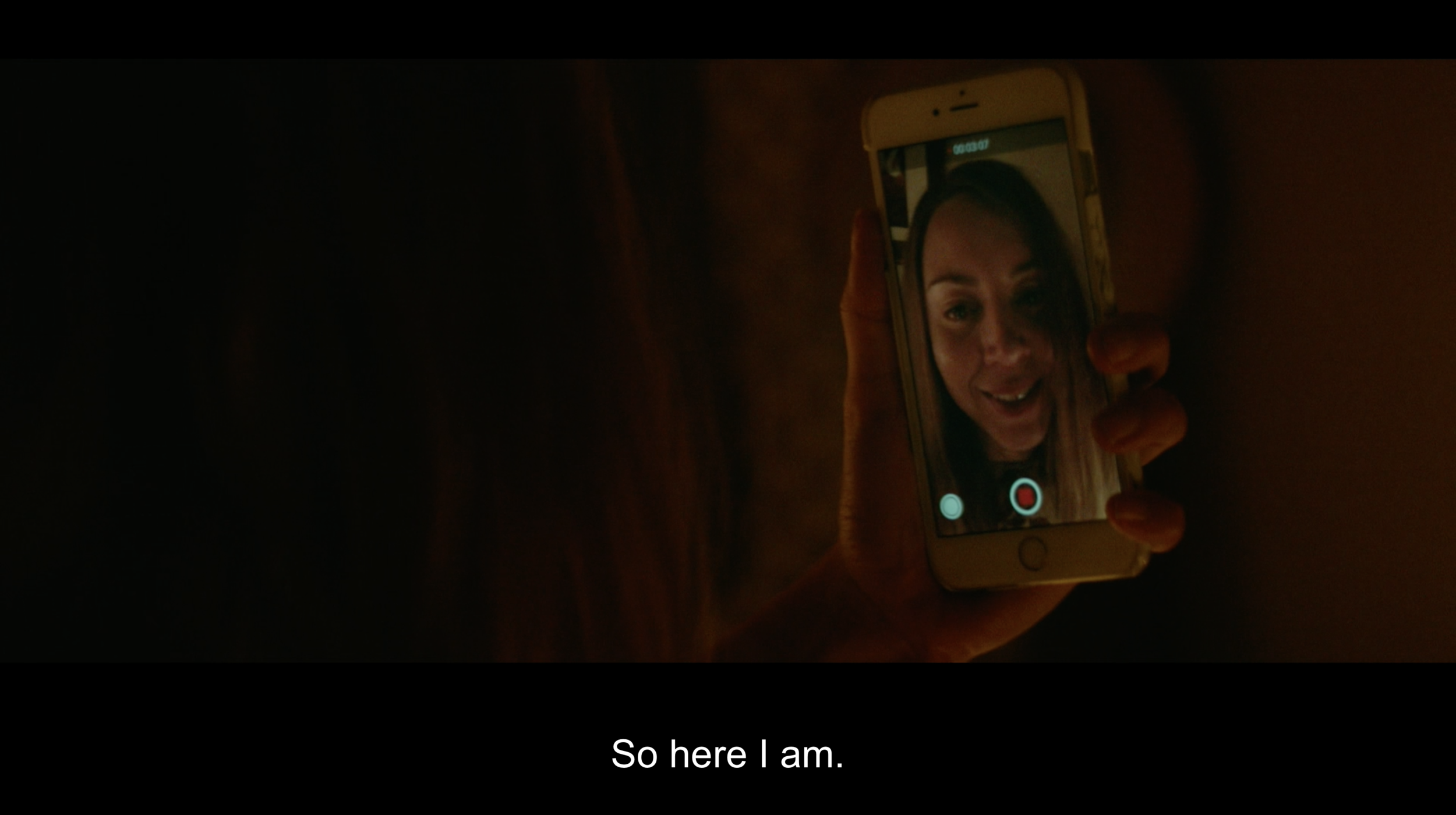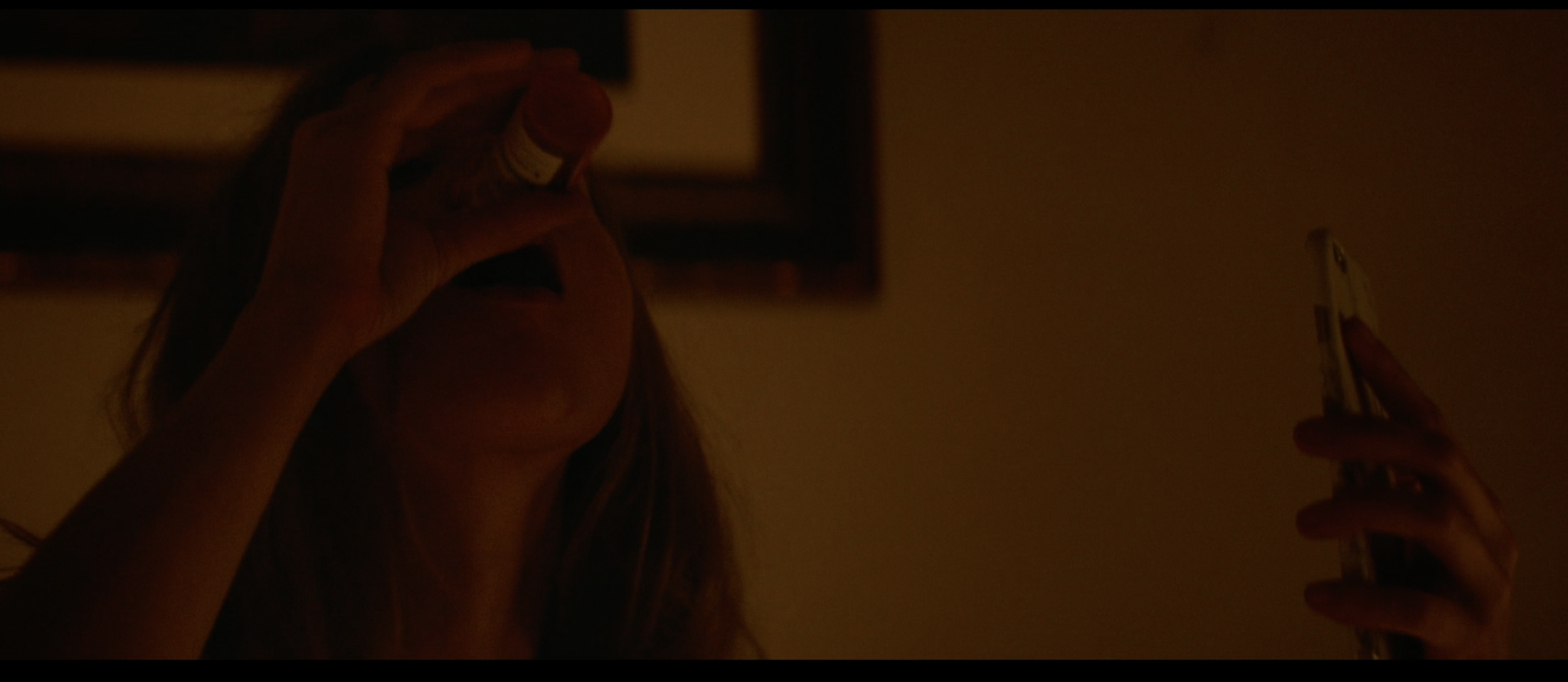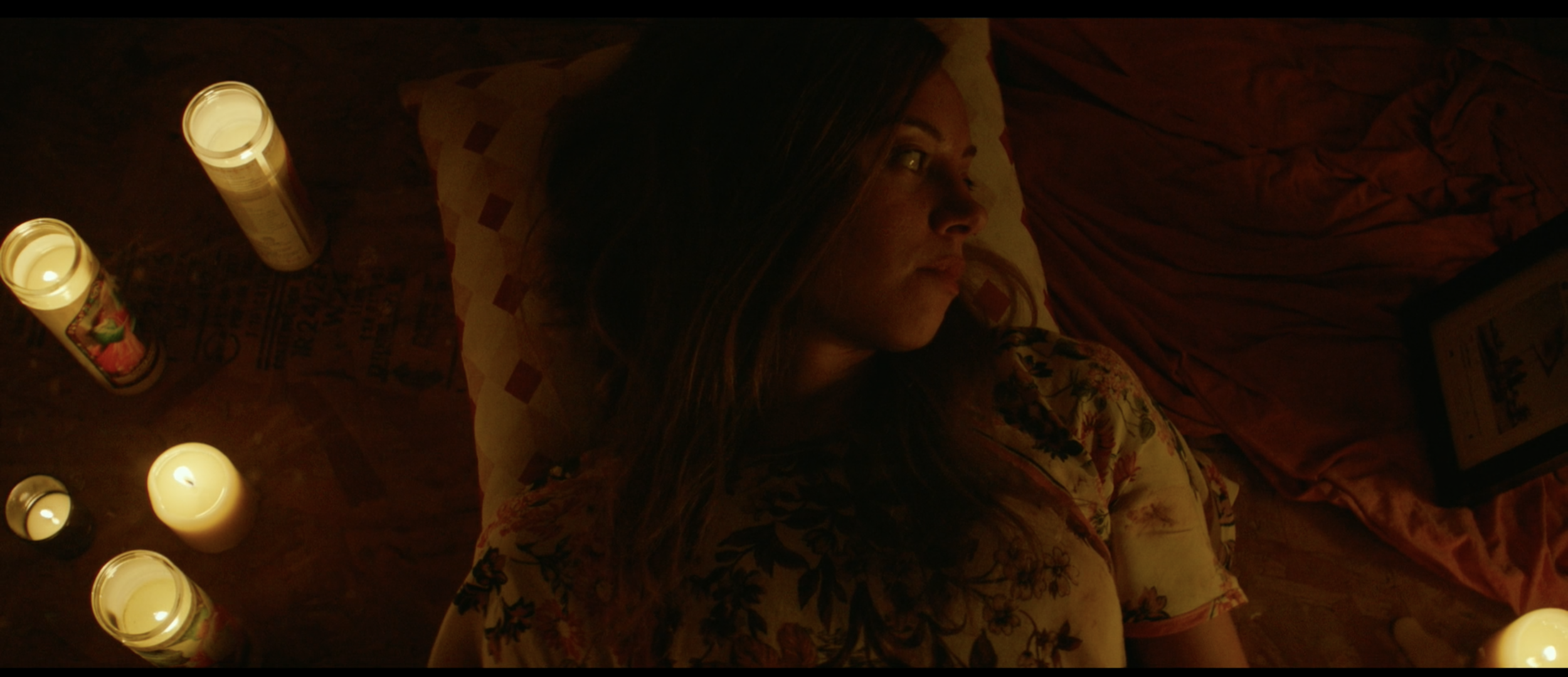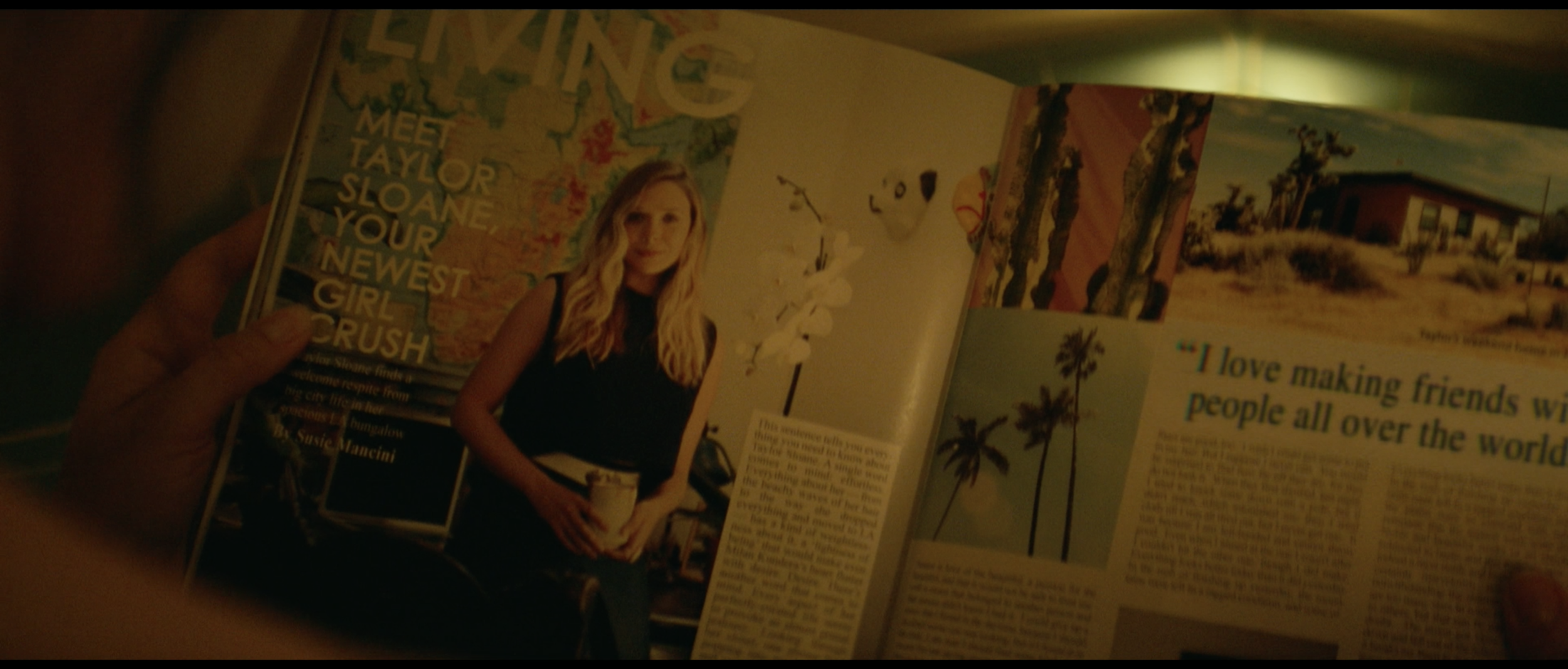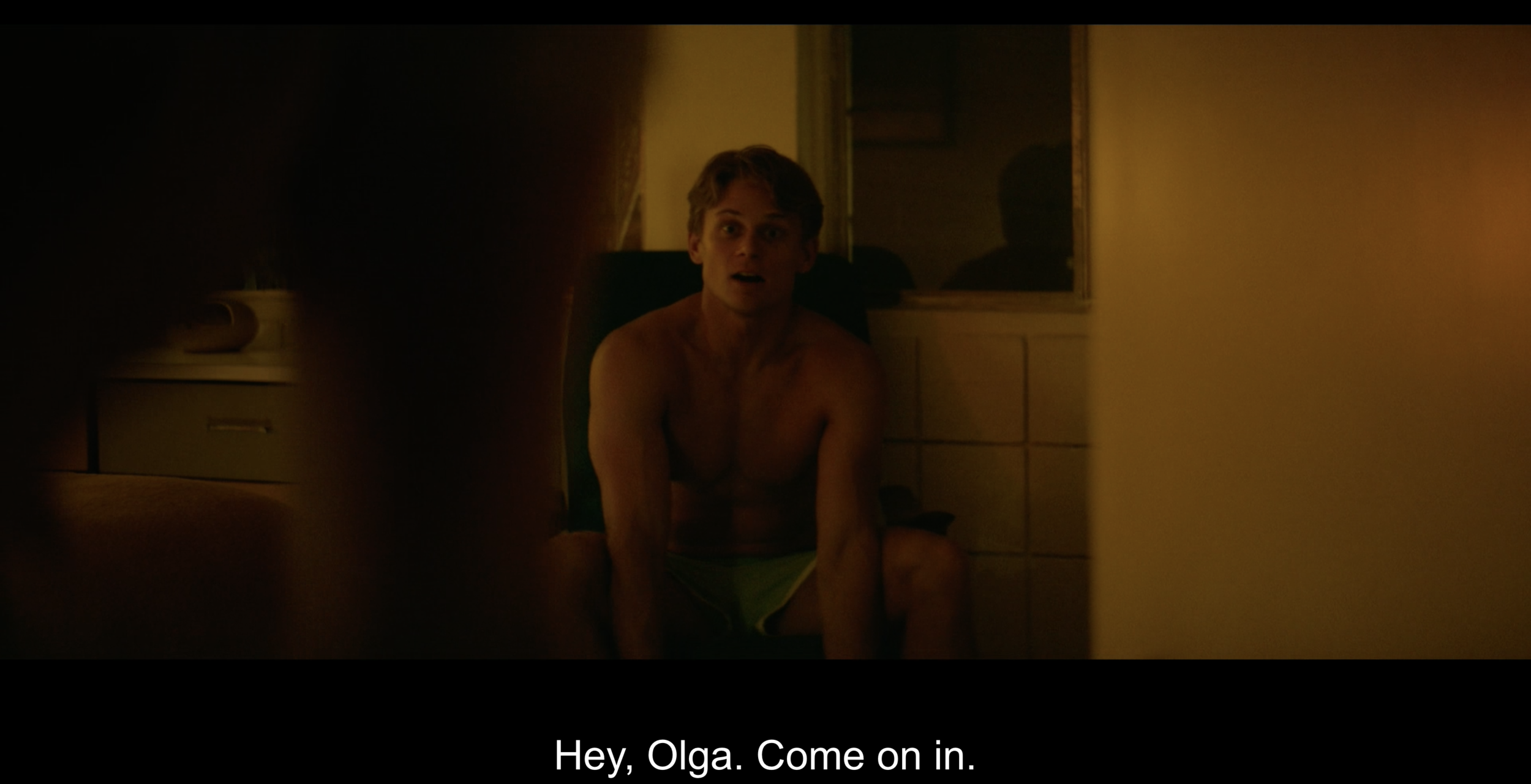Dying for Fame: Social Media, Vacuity, and Ingrid Goes West
“Hey guys, it’s me, Ingrid. I’ve never done this before but I didn’t have anyone else to talk to, so I figured, why not? I just wanted to tell you guys that basically everything I posted in the last couple months is a total lie.
i’m just a loser. I-I’m pathetic. And I know there’s something wrong with me, but I don’t know how to fix it, and I don’t know how to change. And I just don’t think I can change. So, maybe I’m just—maybe this is just who I am.
And I’m tired of being alone, and I’m just—I’m just tired of being me, so I just feel like if you don’t have anyone to share anything with, then what’s the point of living? Yeah, so I guess I’m just making this video so you guys can see the real me. At least once.”
Silence. Ingrid picks up a bottle of prescription pills and dumps it into her mouth, washing it down with a Corona and wincing. She hits the ‘Share’ button and sets down her phone.
This monologue is from the final few minutes of Matt Spicer's social media take on Single White Female. Ingrid Goes West follows Ingrid Thorburn - chillingly, lovingly, heartbreakingly portrayed by Aubrey Plaza - as she tries to navigate the emptiness of her life via social media.
We all do it, to some extent, if you have a smartphone or Internet access or aren't a self-professed luddite, such as Ezra O' Keefe (Wyatt Russell) claims to be. Everybody feels lost at times, directionless, uncool, less-than-hip. How can we not seek solace and clues on how to navigate this confusing, quickly-shifting, and often cruel world we're living in? The Instagram Influencers are our Saints, our Beatrices guiding us through life's dark woods, out of the Inferno into a meticulously curated, well-lit realm of flawless self-portraits; rich and exotic foods; exquisite locales. The paradise on the other side of the screen can be aspirational, and that's part of what we tell ourselves while we're manically double-tapping like Ingrid when we first meet her.
We first meet our heroine sitting in her car, mascara running down her face, scrolling the Instagram feed of Charlotte Buckwald (Meredith Wagner), who's 'gramming her wedding. “A perfect day, for a perfect wedding. #perfect,” she types to her legions of breathless fans. “Happy to be sharing this day with all my favorite humans. #blessed,” she continues. Ingrid takes issue at not being one of those humans, it seems. She crashes the wedding reception and maces Charlotte, earning herself a stay in the mental hospital.
Upon her release, we learn that Ingrid's mom, with whom she still lived, has passed away. We also learn that Ingrid never really knew Charlotte, just followed her on Instagram and thought that they were friends. Deprived of her role model, Ingrid begins to break down. In her desperation, she comes upon an article in a magazine, “Meet Taylor Sloane - Your Newest Girl Crush.”
Taylor Sloane's (Elizabeth Olsen) life is perfect. #flawless. She no doubt #wokeuplikethis. She eats avocado toast every day and shares it with her 267,000 followers, capturing her breakfast in lurid detail with photography worthy of The Met.
Ingrid has an epiphany. She's going to go to Venice Beach to meet Taylor Sloane. They're going to be friends. And then Ingrid won't be alone any longer. She takes a backpack full of cash left to her by her mother, moves to L.A., buys a bike, gets a haircut and a dye job, and begins to haunt the places that Taylor incessantly Instagrams about.
Ingrid does bump into Taylor at some swank boutique. We are quickly reminded that Ingrid is not cool, not suave or slick. Failing at her attempt at “mellow conversation,” Ingrid resorts to kidnapping Taylor's beloved dog and muse, Rothko, in order to ingratiate herself with Taylor and her fiance, Ezra. From here on out, things quickly go off the rails as Ingrid mimics her way into Taylor's life with a web of lies and deceit. She goes to increasingly extreme lengths to both win Taylor's favor as well as hide her machinations.
Things get increasingly tenuous when Taylor's douchebro brother Nicky - hatefully portrayed by Billy Magnussen - makes a surprise visit. Nicky's a drug addict, a con man, a liar, and a thief. He's onto Ingrid from the start.
Ingrid's grip on Taylor becomes increasingly unhinged as her real influencer friends show up. She has much less time to hang out with Ingrid with Nicky and Harley Chung (Pom Klementieff), with her 1+ million followers, on the scene. It all begins to unravel. As does Ingrid's grip.
Nicky ends up blackmailing Ingrid, discovering her phone and the massive archive of stalker photos. She tries to outcon the con and it all goes terribly awry, resulting in Nicky being left for dead while Dan Pinto (O' Shea Jackson, Jr.), her now boyfriend and the only person who truly gives a shit about her, is left in the hospital.
In the film's final, harrowing arc, Ingrid buys a tiny house next door to Taylor and Ezra, to monitor their movements, as they've figured out Ingrid's unstable ways. She lives in her own filth until the power gets turned off, living off of Corona beer and peanut butter and jelly sandwiches, her meticulously collected Instagram-worthy belongings stacked uselessly in the corner.
It all erupts at Taylor's Halloween party, which Ingrid crashes, in a scene reminiscent of the film's beginning. She's found out by Taylor, and is given 5 minutes to explain herself. Ingrid relates to Taylor, how she was awkward and without friends when she first moved to L.A., as Ezra had told her. “I was never like you,” retorts Taylor. “A small, pathetic, very sick woman who needs professional help.”
This brings us to the final moment, referenced up top. Ingrid decides to take her own life, recording and uploading a video of her suicide while finally, ultimately revealing her “true self.” She awakes in a hospital, to discover not only that she's survived, but that her video's gone viral. She even has her own hashtag, #iamingrid. She has arrived. She is instafamous.
Ingrid Thorburn's unhealthy use of social media is obvious throughout the film. Much of the writing and analysis of Ingrid Goes West suggests that Ingrid suffers from some sort of personality disorder, most likely borderline personality disorder. As author Chloe Benson writes for the Journal Of Bisexuality in their analysis of the film, “She echoes Taylor’s style and lifestyle, but the two women’s likeness is limited. Ingrid adopts Taylor’s look like a costume: it sits on her superficially, much like the sheet she will later don when she sneaks into a Halloween party dressed as a ghost.”
We understand Ingrid's mental illness. Is Taylor correct in her assertion that she was never like Ingrid, however? Is she any less mad, less vacuous, less of an impostor?
Writing on the emerging phenomenon of social media influencers back in 2015, Dr. Binoy Kampmark discusses the artifice of Instagram influencer Essena O' Neill, who had a similar come-to-Jesus moment as Ingrid did at the end of the film. "In a fit of re-editing and deletions of her Instagram account, O’Neill has attempted to revise a past that cannot be forgotten, effectively re-staging what was itself staged. “‘Candid’ bikini shots," O' Neill admitted, were agonisingly planned; pictures supposedly taken before nature’s wishes were sponsored; “hot body” shots concealed an unhealthy diet and sucked in tum; hours were expended getting the “perfect selfie,” concealing acne.
“Happiness based on aesthetics will suffocate your potential here on earth.” Kampmark goes on to critique the social media platforms themselves, ultimately concluding that no authentic representation could be found on platforms that are driven by capital. Isn't that all of media, however? It certainly casts a scrutinizing searchlight on our fraught, worshipful relationship with celebrities.
Writing way back in 2000, media analyst David Giles discusses the tricky proposition of authenticity and celebrity via the father of media studies, Marshall McLuhan. “Marshall, a cultural critic, takes a neo-Marxist approach to celebrity, examining the way that the capitalist system uses celebrities to promote individualism and illusions of democracy (the ‘anyone can do it’ myth). This is achieved through the cathartic role played by public access media, such as the ‘chat’ or ‘talk’ show, which can give the general public a voice (albeit one which is overridden by the formation of personalities such as Oprah Winfrey), and by the fact that celebrities are human beings. ‘The cementing character of the negotiation is the basic and essential authenticity that a “real person” is housed in the sign construction.’”
Via McLuhan's semiotic deconstruction of fame, we see celebrity put forth here as “the sign construction,” a.k.a. “a symbol.” It is suggested that somewhere, inside the sign, the signifier, a.k.a. “the person,” resides, potentially unknowable, unreachable, apart from what we can put together from their meticulously curated social media feeds. Inside these crystalline caverns of silence and solitude, celebrities and social media influencers are like our modern day saints and demigods, our prayers flying like tweets to phones long since muted due to over-saturation. The more famous you are, the more remote.
As Ingrid wakes up from her suicide attempt at the end of the film, she realizes she has become what she has always emulated - a personality. Now, prayers and invocations are being made unto her and she need never be lonely again.
And yet, what of life between Instagram posts? What are us small, inconsequential humans supposed to do, in those in-between moments when our guides forsake us? What are we to do with all the silence, the ordinary life that no filter can make pop, no hashtag can make #empowering? What of the stupid, the pointless, the banal, the humiliating? While we may play with masks and personas, painting our faces with splashes of our essence, we must never forget the silence when we put down our phones, when we forget our names at the end of the day. Otherwise, we risk becoming merely a collage of our fads and obsessions, our likes and loves and sad reaction emojis. The mask becomes the face and that's not a comfortable way to live.
But when we return to the source, when we come back to ourselves, our quirks and idiosyncrasies, the rare and precious moments unique in the cosmos, we may begin to play with these tools. We may begin to form our own masks and use art the way it is intended, as a facet and a refraction of the totality, of ourselves as well as the world we're living in. We may even become famous.
BIO:
J Simpson lives in the interzone between criticism and creation. An independent music journalist, cultural critic, and academic writer, J peers into the darker realms of life, the strange, the looked over, specializing in the horror genre, the supernatural, and the occult. He lives and works in Portland, Or.
https://masteringmodernity.wordpress.com
Twitter: @for3stpunk
IG: @for3stpunk




